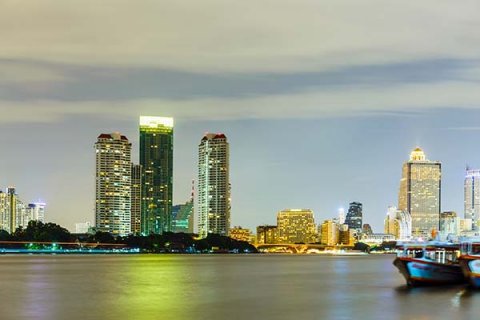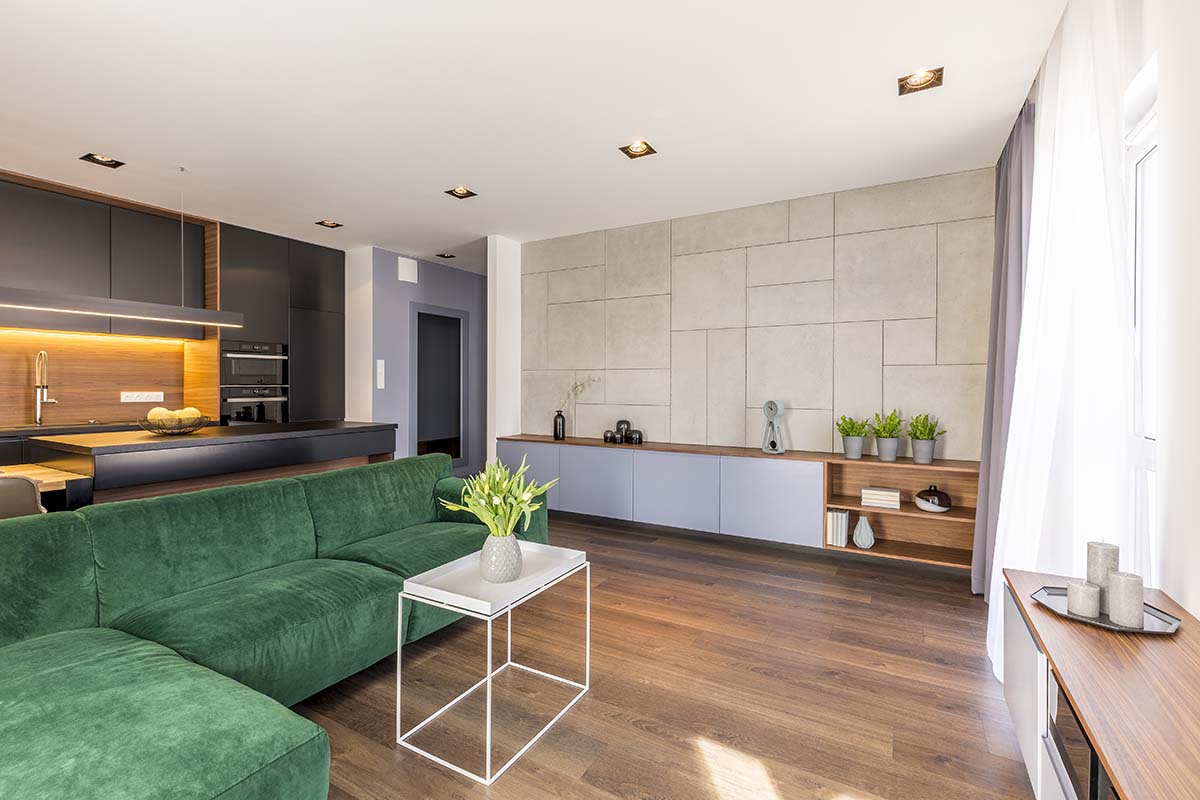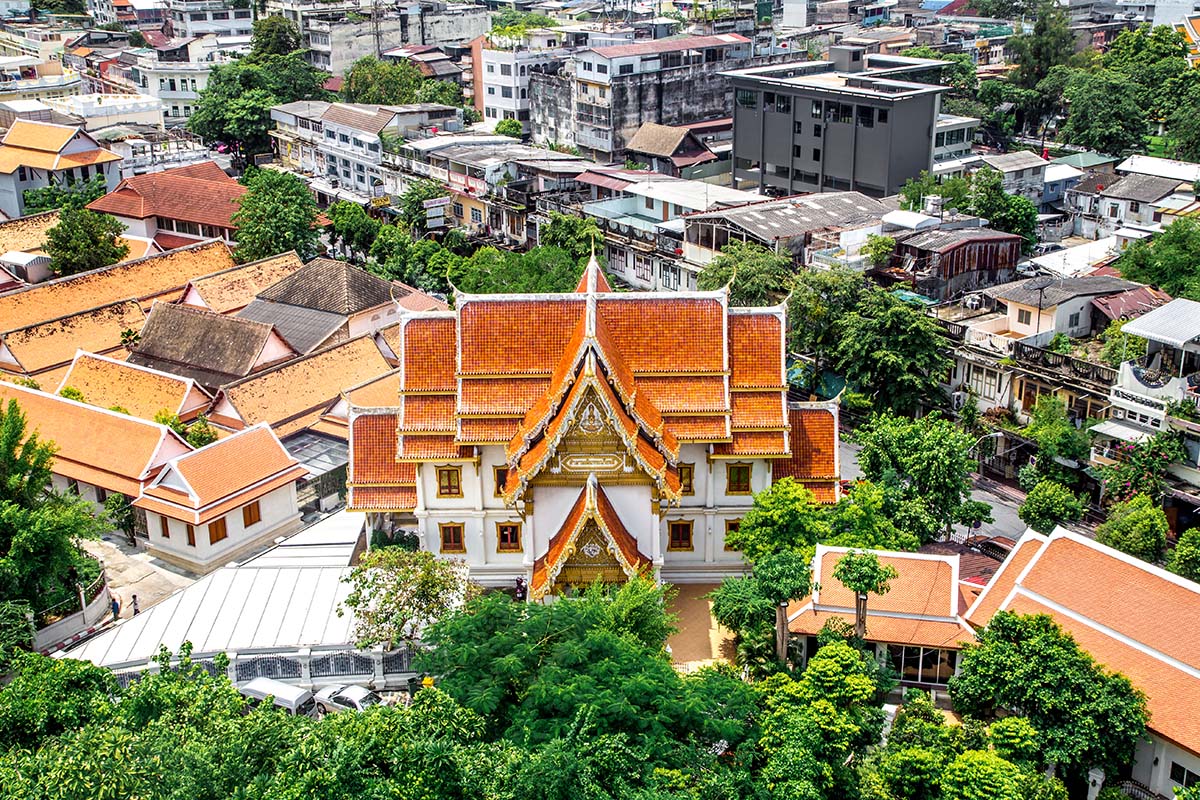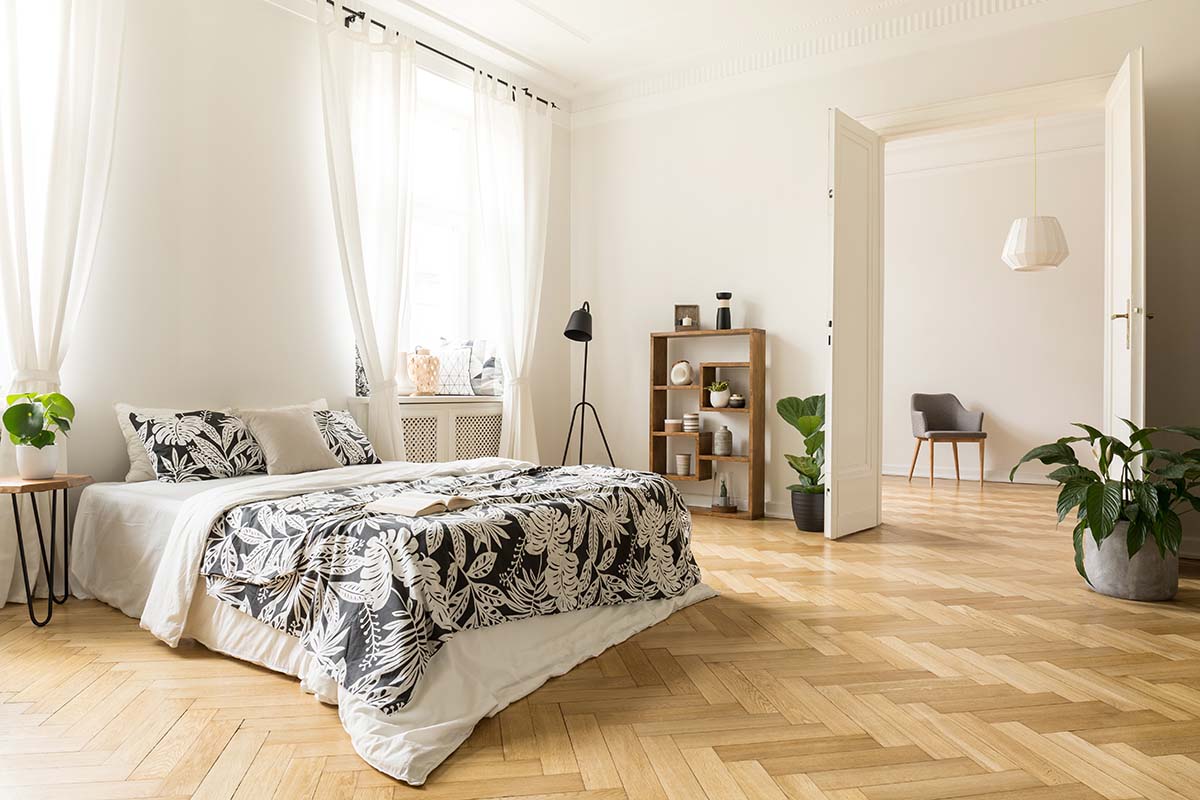
2020 was a test for the Thai real estate sector. As a result of the pandemic, there was a sharp decline and the market reached a minimum level of sales and reduced the construction of new housing. To understand the situation and find out what trends are popular in Thailand, we invite you to read this article.
Content:
- Comparative analysis of apartment sales to foreign buyers in 2019-2020
- Consequences of Covid-19
- Which nationalities were the most active buyers of real estate in Thailand in 2019-2020?
- What trends can be expected in the future?
Comparative analysis of apartment sales to foreign buyers in 2019-2020
A comparative analysis conducted by the Real Estate Information Center of the Public Housing Bank of Thailand (REIC) will help us understand the features of real estate in Thailand in the past. The market report for 2019-2020 reports a decline in sales to foreign nationals caused by Covid-19 and restrictive measures.
The total number of apartments sold in condominiums fell from 13,232 units for ฿52,000,000 ($1,544,608) in 2019 to 8,285 units for ฿37,700,000 ($1,119,840) in 2020. In percentage terms, the drop in sales compared to 2019 was 35.3% and value by 25.5%.
In the second quarter, the market reached its lowest level with the least number of apartments sold to foreign citizens – 1,162 units. Compared to the same period in 2019, the decrease was 61.1% and the cost of transactions fell by 54.3%.
In the third quarter of 2020, the situation improved – 1,885 units in condominiums were sold with a total value of ฿9,381,000 ($278,653) and in the fourth quarter – 2,592 units at ฿12,703,000 ($377,329).

Consequences of Covid-19
Despite the gradual shift to remote work, the data center rental business was still relevant in 2020. At the same time, office rental prices remained stable.
In the low-rise housing market, local demand for real estate in all price categories remained stable. Mostly, people bought and rented homes for residence. On the contrary, foreign countries were extremely inactive.
The motivating market factors in the second quarter of 2020 were:
- Changing lifestyle of buyers due to the pandemic;
- Introduction of new technologies;
- Thailand's aging population.
Entrepreneurs and other market players saw new opportunities and prospects but the country’s economic situation and purchasing power were too fragile to meet them. The main target was the tourism sector which was to be revived after a mass vaccination campaign and the resumption of international air travel.
Condominium market
Managing Director of Nexus Property Marketing Co., Ltd. Nalinrat Chareonsuphong reported that in 2020, the market for condominiums had changed over the past 10 years for 2 main reasons:
- A continuous decline in sales since 2019;
- Difficult epidemiological situation.
In 2020, out of 64 market projects, only 20,100 housing units or 39% per year were launched, which is below the average. Previously, the average increase in new housing over 5 years on the market was 51,000 units per year. This slowdown was caused by the freezing and cancellation of new projects related to 29% of the condominiums on the market. At the same time, the share of premium real estate decreased by 22%.
The construction of new housing is related to location. Over the past year, a new condominium market has appeared on the outskirts of Bangkok. The property here has convenient access to railway stations. The share of housing in this area was 21% of all new condominiums on the market.
The highest increase in supply was in the following regions:
- Sukhumvit;
- Sathorn;
- Langsuan.
In total, about 2,250 housing units were built here or 11% of the total number of offers.
Most buyers are people who buy apartments for residence. The share of investors is lower. The main factor contributing to sales growth was the decline in prices.
In the first half of 2020, the cost of apartments decreased by 16% and 4% in the third quarter. However, in the fourth quarter, there was a small increase. Compared with the figures of 2019, when the cost of 1 sq. m. was ฿41,800 ($4,200), prices fell to ฿126,900 ($3,800) per 1 sq. m.
Why did this happen? Partly at the behest of developers who lowered prices to expand the target audience of buyers and sell as many housing units as possible to middle-class people.
Commercial real estate market
Teerawit Limthongsakul, Managing Director of the real estate agency Nexus Real Estate Advisory Co., Ltd., said that the 2020 pandemic affected many aspects of Thailand’s commercial sector including the market for commercial buildings, offices, and industrial premises. In particular, it affected rental demand and supply. Despite this, the warehouse and industrial market remained stable as Thailand managed to deal with the spread of Covid-19.
Office space market
According to the office building market research conducted by Knight Frank, office spaces remained occupied in the last quarter of 2020. In addition, the rental rate is still high despite a decrease of 3% compared to 2019.
In 2020, about 130,000 sq. m. was added to the market, bringing the total area to 6.2 million sq. m. Many companies choose not to increase office space but reduce the area of unoccupied premises to save money.
In the next 5 years, approximately 1.8 million sq. m of land in the city center will be allocated to the Thai real estate market for new projects. In particular, the areas around Bangkok will be used for this purpose. However, new companies will enter the game and compete with old ones. As a result, future rent will be higher than before.
Some tenants are interested in creating flexible workspaces where people can not only work but also spend their free time. These spaces will be more private than coworking and maintain a comfortable atmosphere for employees. Some offices will have special zones where employees will be able to bring their children from 1 to 3 years old.
This approach can be useful in particular for Thailand. Despite the epidemiological situation, in Asia as in the Asia-Pacific region, switching to remote work is less popular than in the rest of the world – happening at a rate of only 2.6%. A gradual increase to 5.2% is projected over the next 10 years. Many companies and industries in Thailand do not encourage home-based work and need more time to restructure.
In 2020, developers and entrepreneurs still had to rely on domestic consumption as the tourism sector and international traffic were severely disrupted.

Which nationalities were the most active buyers of real estate in Thailand in 2019-2020?
Before the pandemic, foreign buyers and investors were the major force in the Thai real estate market. They have been the main clients of Thai developers in the last 5 to 6 years and their purchasing power has been much higher than local buyers.
According to information provided by the Real Estate Information Center of the Public Housing Bank of Thailand (REIC) for 2020, the most active buyers among the countries of the world were:
- China – 5,251 housing units were purchased for ฿22.865 billion ($679,181,960);
- France – 278 units were purchased for ฿1.369 billion ($40,664,776);
- England – 259 units worth ฿1.143 billion ($33,951,672);
- Russia – 386 housing units were purchased for ฿1,141 billion ($33,892,264);
- Taiwan – 165 units worth ฿1.104 billion ($32,793,216);
- Singapore – 148 units worth ฿936 million ($27,802,944).
- Germany – 211 units worth ฿911 million ($27,060,344);
- Japan – 156 units worth ฿836 million ($24,832,544);
- USA – 182 units for ฿718 million ($21,327,472).

What trends can be expected in the future?
Before the pandemic, Thai real estate was very successful internationally and had a high investment value especially for those who entered the market to earn money through rent.
According to the official REIC website, about 90% of sales until 2019 in Phuket were for housing purchased by foreigners for profit from resale or rental.
The stable tourist flow contributed to maintaining high levels of liquidity. Housing in Thailand is rented all year round so owners could always count on a stable passive income. However, in 2020, lockdown changed the situation.
In 2021, the situation began to improve gradually. According to the Central Bank of Thailand, the cost of detached houses increased by 1.2% by May 2021 although it was the lowest rise since 2017 and thus, a good sign. Prices for condominiums rose by 0.1% and townhouses by 1.4%. The value of land grew more rapidly and increased by 8.4%.


